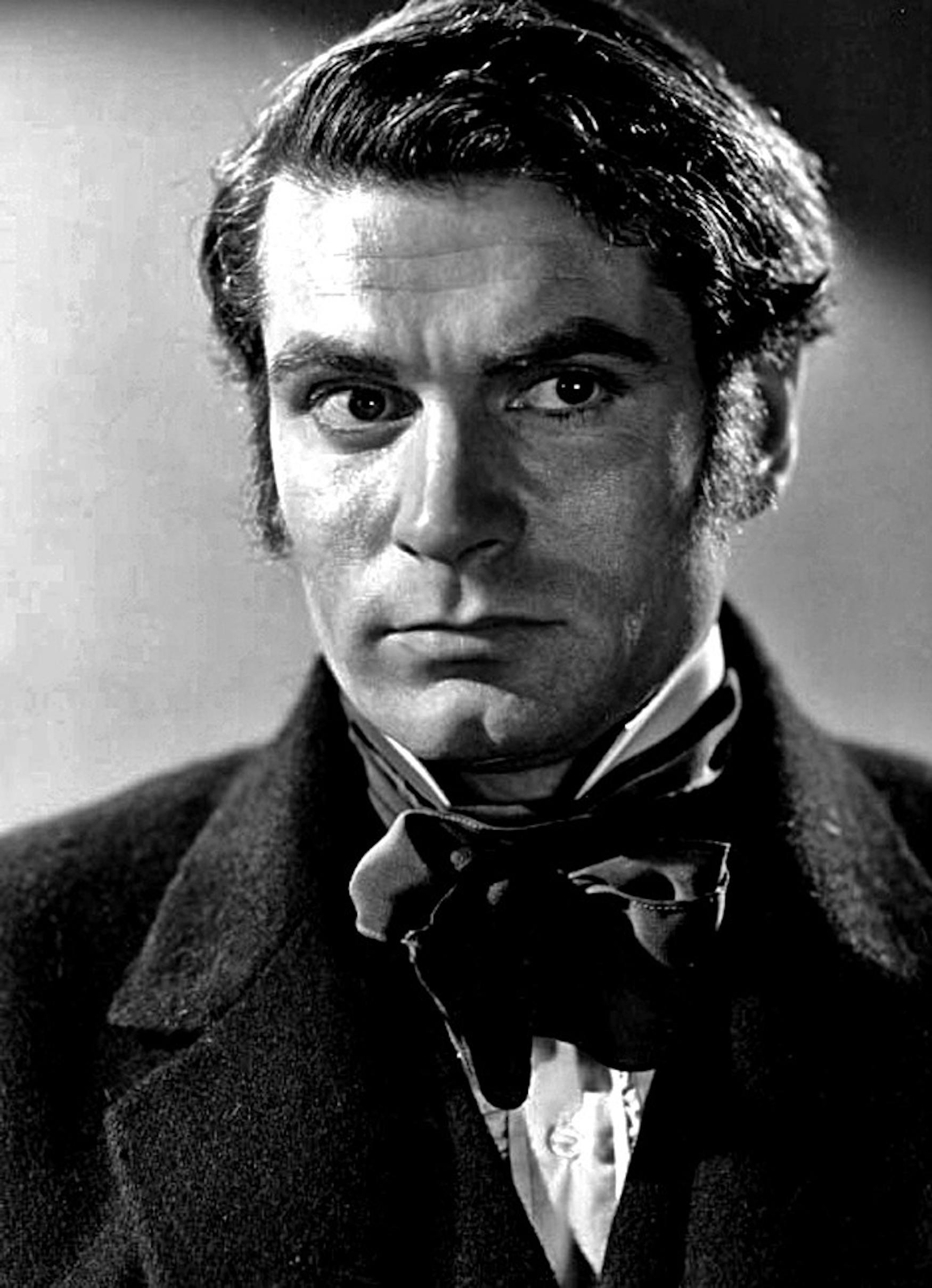Berkeley professor lectures on revenge
The Mandel Center for the Humanities Reading Room was buzzing with literary chatter as the English department—professors, graduate students and undergraduates—awaited the arrival of Catherine Gallagher, a professor of English at the University of California, Berkeley. On Thursday evening, the professor spoke about the theme of revenge in Emily Brontë’s 19th-century novel, Wuthering Heights.
Prof. John Plotz (ENG) introduced Gallagher as the “foremost living critic of the novel.” He also addressed the fact that Gallagher has had a major influence on his personal work as well as, he assumes, the work of many other scholars in the field of literature. She “digs into the substance of fiction while always paying attention to the context,” Plotz told the audience, going on to name numerous titles of publications she has authored and co-authored.
Gallagher started out the lecture on a somber note—dedicating it to the former chair of Brandeis’ English department, Michael Gillmore, who passed away last April, saying she had been close with the late professor.
Launching into her discussion of Wuthering Heights, Gallagher began by noting that scholars have not paid much attention to the theme of revenge in Brontë’s masterpiece, even though the whole second half of the book seems to revolve around the topic. Gallagher suggested that the neglect of the theme of revenge in literary scholarship might stem from the unconventional form that the revenge plot takes on in the novel.
In classic examples of revenge novels, Gallagher said that there are “devices working behind the scenes and inserted into the hero’s plot.” But Wuthering Heights, she noted, seems to be an exception to the rule. Gallagher said that it is unclear on whom Heathcliff, the main antagonist, is attempting to get revenge. Rather, Heathcliff seems to be revenging nobody in particular but rather his circumstance or situation in life. His “impersonal revenge is hard to fathom,” Gallagher explained, noting that his “vengeful aspect permeates everybody in the novel.”
Moreover, Heathcliff is a very hard character to understand because he is extremely complex. The “spirit that animates him seems to precede him as an individual,” Gallagher said. Given his complex nature, his motives for revenge seem even harder to parse out.
Gallagher also talked about how films versions of the novel have tried to deal with the problem of the ambiguous revenge plot as it pertains to the novel. Films have taken very different approaches to this problem. The first film version was titled The Great Hate while the second film version was advertised as the “greatest love story ever told.”
Gallagher then began her own analysis of how the theme of revenge is shaped and executed in Wuthering Heights.
Gallagher spoke about the role that time plays in a revenge plot. Time is a complex model in Wuthering Heights as the majority of the story is told to the reader years after the events take place, but some of the more recent events take place in narrator Lockwood’s present. The theme of time past allows the novel to retell Heathcliff’s revenge plot—by playing the second generations against each other, he enacts full control over their fates.
As Gallagher said, Heathcliff is very smart in planning his revenge. He doesn’t react immediately in carrying out his plot but instead seeks his revenge on a longer timeline. He plans it out thoroughly, patiently awaiting his chance to counteract the injustice he feels has been committed upon him. “Revenge is a dish best served cold,” Gallagher said in appraisal of Heathcliff’s apprach.
Throughout her talk, Gallagher read passages from the novel in order to put her analysis in context. Her readings of the passages were very animated and engaging. She presented the characters speaking with one another in distinctly different voices, highlighting tones of annoyance or mocking with extra precision and drama.
At the end of the lecture, Gallagher took questions from the audience which ranged from the effects of the absence of any maternal figures in the novel to the theme of the orphan seeking revenge.



Please note All comments are eligible for publication in The Justice.